Dhaka, Dec 07 (V7N) — A recent public opinion poll conducted by Voice of America Bengali has shed light on Bangladeshis' perceptions of neighbouring and global countries. The survey reveals that 53.6 percent of respondents view India positively, while 41.3 percent hold a negative perception of the country. Pakistan fares slightly better on the "like" scale, with 59 percent expressing a favourable opinion, and a lower "dislike" score of 28.5 percent
India vs. Pakistan:
Like: India (53.6%), Pakistan (59%)
Dislike: India (41.3%), Pakistan (28.5%)
The survey highlights a stark difference in attitudes, particularly among Muslims and non-Muslims. While 44.2 percent of Muslim respondents expressed dislike for India, only 4.2 percent of non-Muslims did the same. Among Muslims, 50.7 percent "liked" India, compared to 90.1 percent of non-Muslims. Pakistan, however, received a "like" rating from 60.1 percent of Muslims and 44.1 percent of non-Muslims.
Myanmar was rated the most disliked country, with 59.1 percent disapproval and only 24.5 percent approval, likely influenced by the Rohingya refugee crisis.
The United States topped the "like" scale with 68.4 percent approval, followed by China (66%), Russia (64%), and the United Kingdom (62.7%).
Young respondents (under 34) showed a higher preference for Pakistan compared to India.
Respondents over 35 slightly favoured India over Pakistan.
Gender differences were apparent, with more women preferring India (55.3%) compared to men (52%), while men showed a higher preference for Pakistan (64.4%) compared to women (53.2%).
The survey, conducted by ORG-Quest Research Limited under the guidance of Voice of America Bangla, was held from October 13 to 27, 2024. A sample of 1,000 respondents, aged 18 and above, was selected to represent Bangladesh’s demographics. Participants were interviewed using computer-assisted telephone systems, with an equal gender split and 92.7 percent identifying as Muslim.
This survey provides a nuanced understanding of Bangladeshis' geopolitical preferences, reflecting both cultural and regional influences on public opinion.
END/MSS/AJ



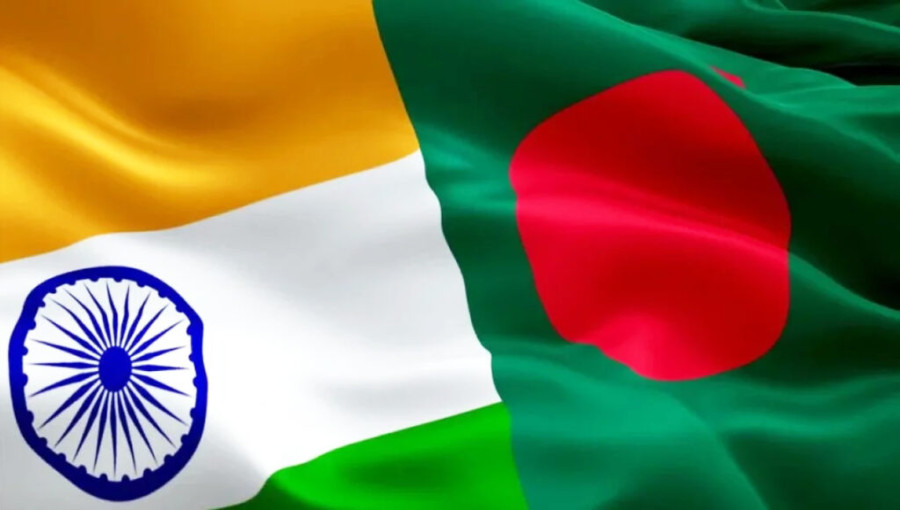


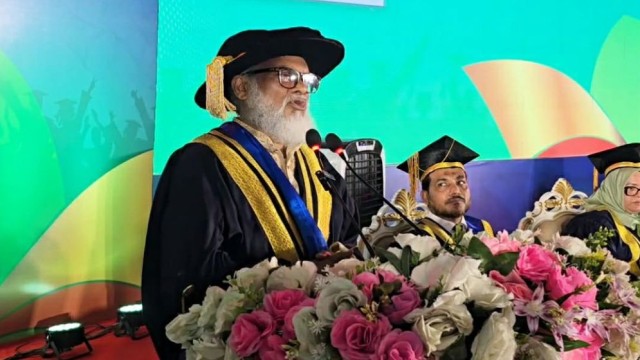
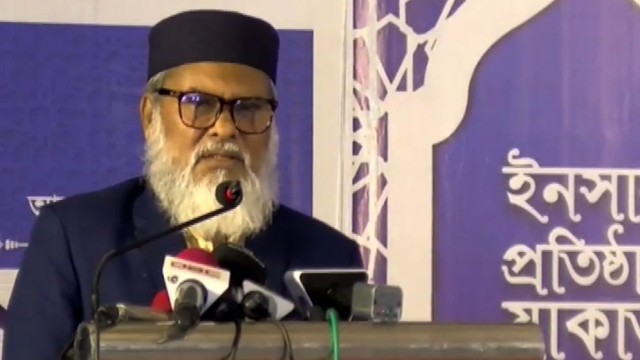



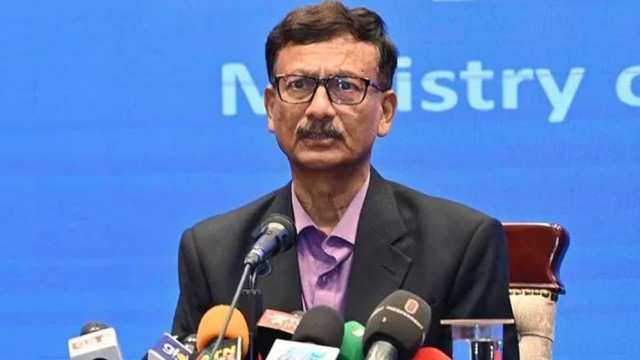













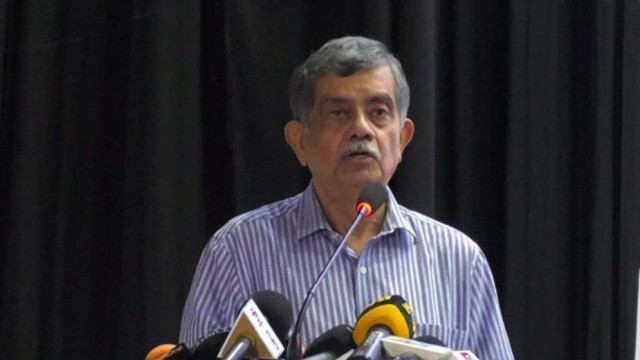


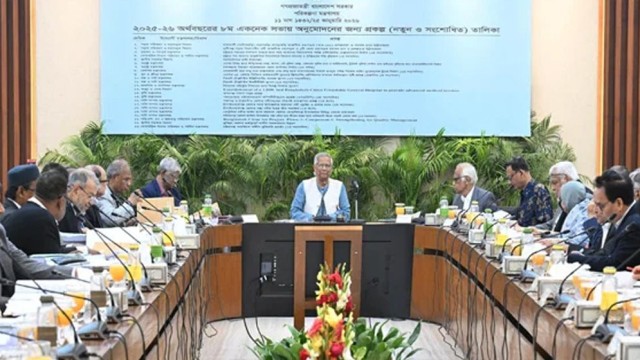


Comment: